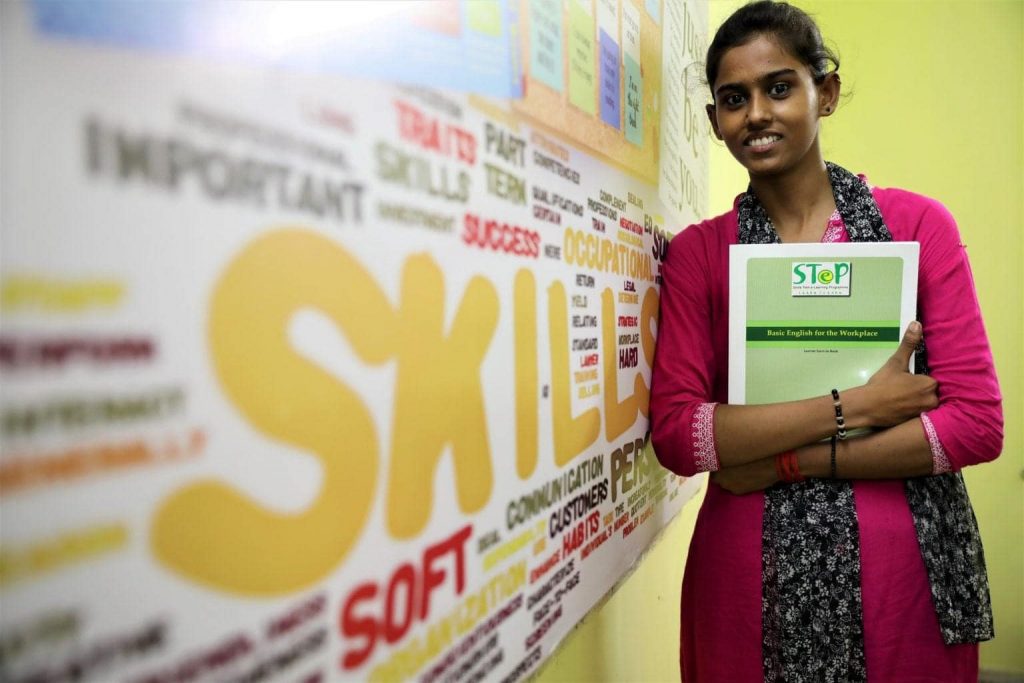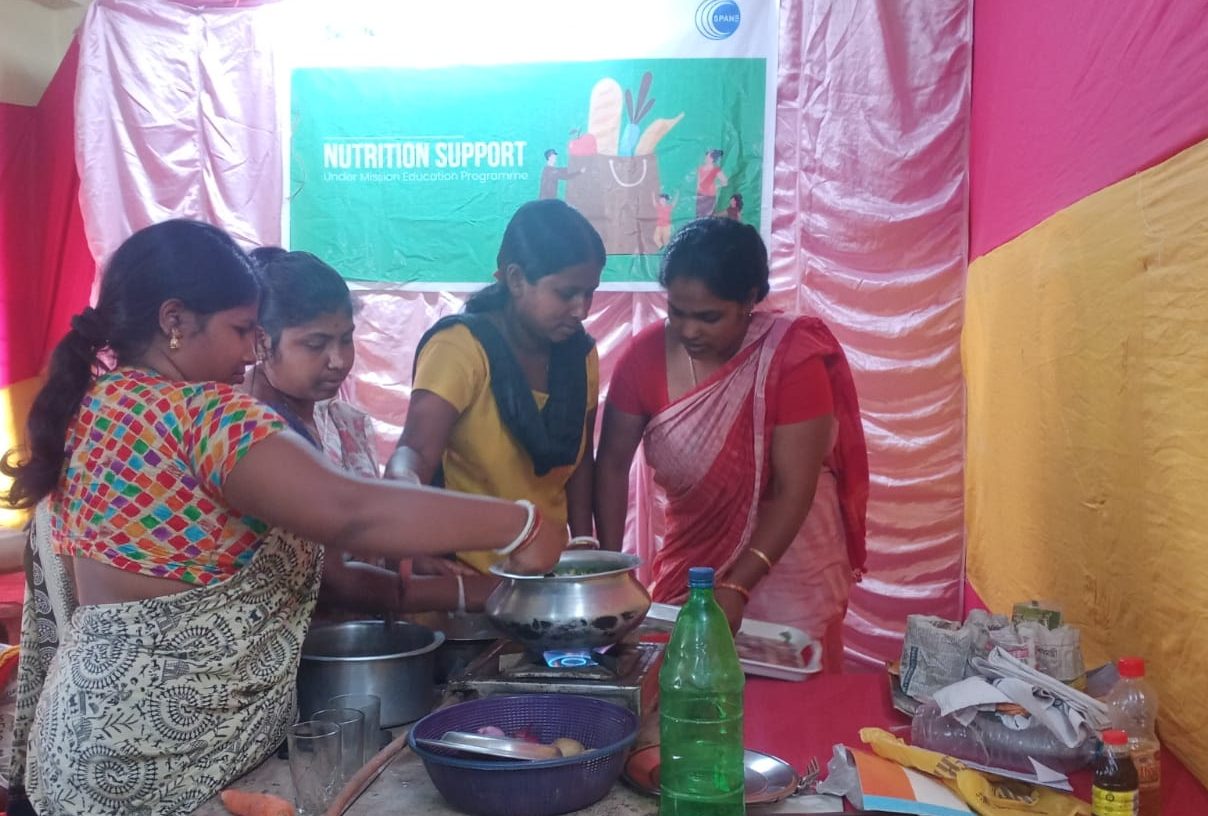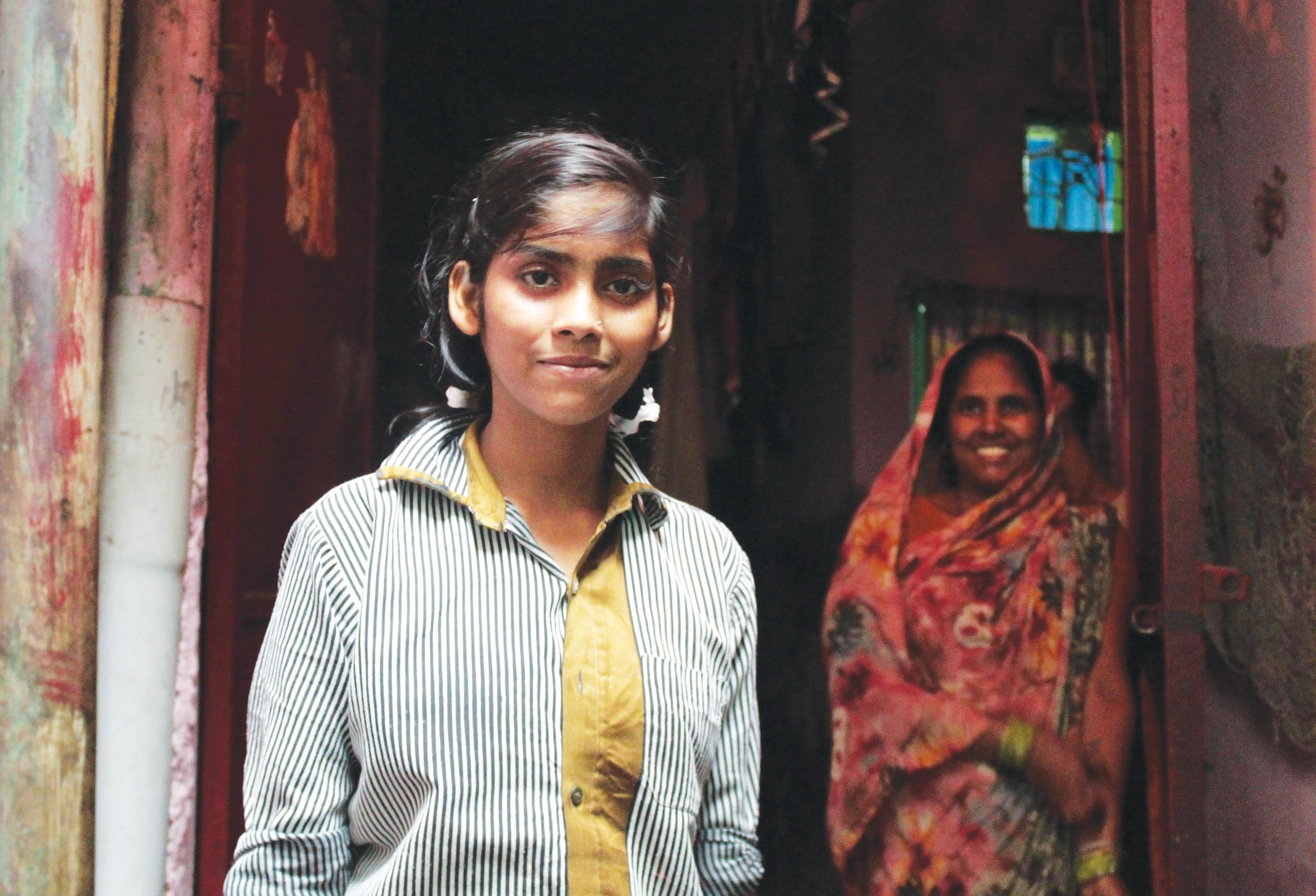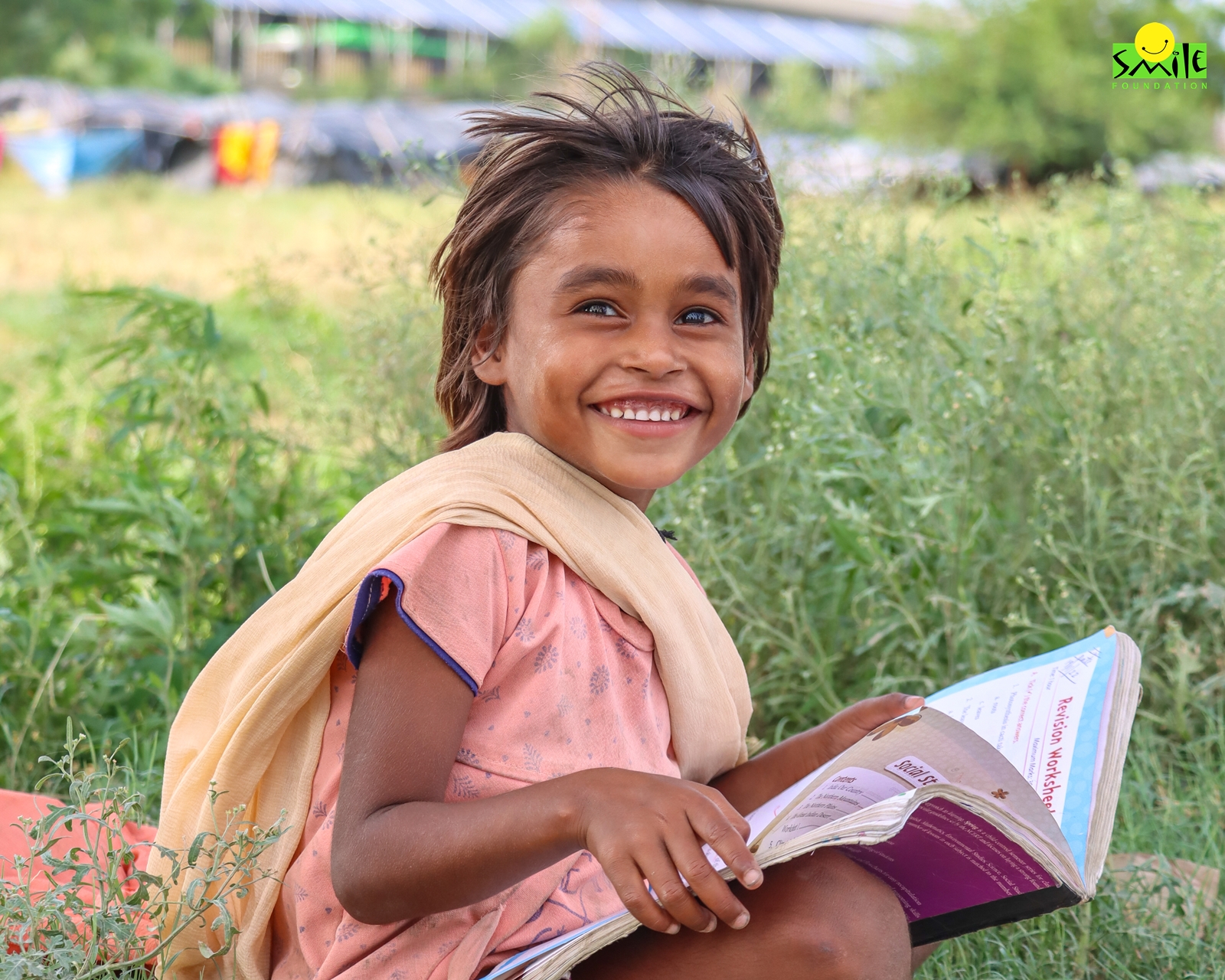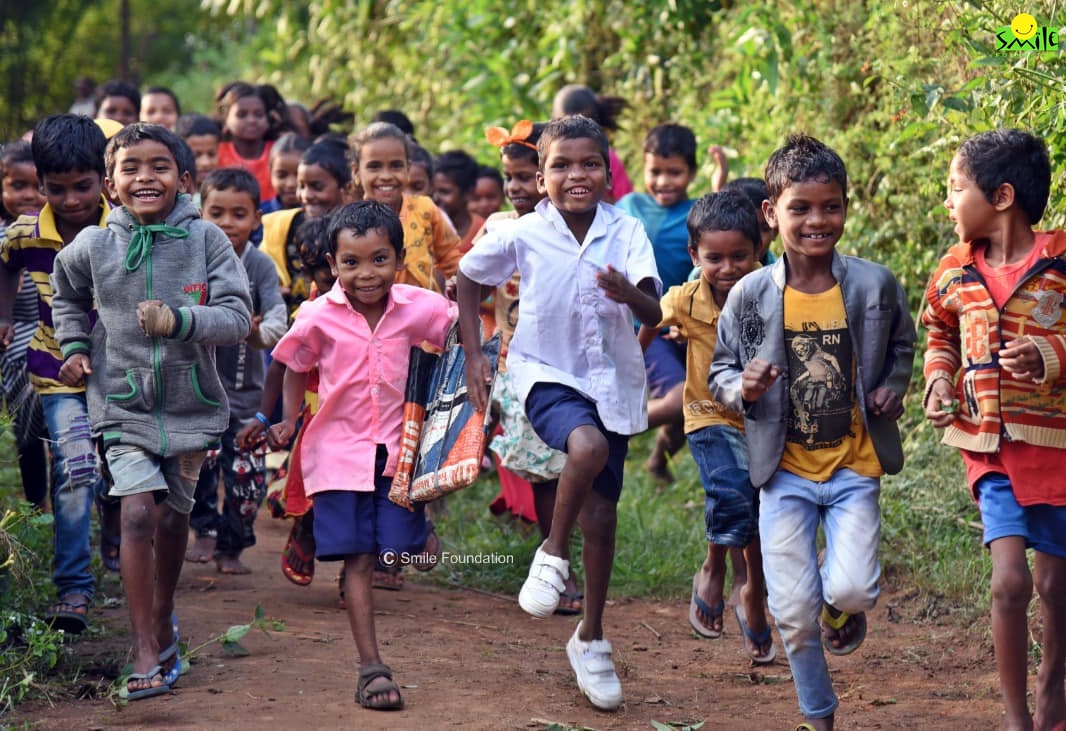Livelihood refers to a person’s means of subsistence. In simple terms, it is the means by which people, either as individuals or families, secure the necessities of life, such as clothing, shelter and food. It encompasses various resources, including assets and activities that a person uses to earn a living, like farming, trading and sewing, among others, required to live and sustain oneself. Wikipedia says that a person’s livelihood revolves around his capacity to satisfy the basic necessities of oneself and their families.
The livelihood is sustainable when other necessary factors like health, education and community support are given a serious note. For these factors enable an individual not just to maintain their well-being over a period of time but also cope with and recover from stresses like natural and economic disasters or social upheavals.
Sustainable livelihood will not just enhance their livelihood but also of future generations without undermining the resource base. Livelihood not just reflects the economic activities that sustain individuals and families but also the cultural, social and emotional dimensions that are associated with their work.
Various ways in which livelihood shapes our life
- Livelihood and self-reliance
The United Nations defines self-reliance as the ability of a person, family or community to meet basic needs and enjoy both economic and social rights with dignity in a sustainable manner. Livelihood and self-reliance play a vital role in empowering individuals and communities. Because a sustainable livelihood not just helps one to secure basic necessities but also fosters independence, resilience and confidence.
A stable livelihood means a person is getting a stable income. It in turn helps him to meet his own needs without having to rely solely on external assistance. The gained economic independence will foster self-esteem and confidence. With profound confidence, an individual can develop new skills and engage in diverse livelihood activities. A diverse livelihood portfolio can provide a safety net during a crisis.
- Livelihood and self-respect
Scholars say that livelihood is intrinsically linked to one’s sense of self-respect and dignity. The work an individual does shapes their identities, influences how they view themselves and impacts how they are perceived by others. A regular and stable livelihood provides financial independence to individuals. It in turn enables them to make choices that reflect and are in line with their beliefs, values and aspirations.
Without financial autonomy, one cannot foster self-respect, as it reduces dependence on others. Also, doing a meaningful and satisfying job fosters a sense of dignity. When individuals feel that their contributions are valued, their self-respect grows inevitably. Works that align with personal values and skills enhance this sense of dignity. Only when a person has a stable income and is capable of securing his essential amenities can he think of contributing to society. Contributing to society through their work can foster a sense of purpose and pride. Knowing that one’s efforts have created a positive impact enhances feelings of self-worth and respect.
- Livelihood and economic stability
Both livelihood and economic stability play a vital role in the well-being of individuals and society as a whole. For both are interconnected concepts. By economic stability, experts mean the ability of a person or community that allows him to maintain consistent and predictable levels of income and employment in any situation. Only when an individual has consistent income will he be able to meet the basic needs of their family. This financial security to meet the basic requirements is fundamental for economic stability at both individual and community levels.
Individuals with stable livelihoods are likely to invest in their local economies through their spending, savings, or by starting businesses. This investment stimulates growth and development of the local economy. This in turn will foster employment opportunities, thereby reducing unemployment rates. It enhances overall economic resilience and breaks the cycle of poverty. When individuals can find stable work, communities are less likely to experience economic volatility.
- Livelihood and lifestyle choice
A person’s livelihood significantly influences how they live. Because their jobs and income sources shape their daily routines, spending habits and overall quality of life. It is only based on an individual’s income that he can make lifestyle choices like housing, food, education and leisurely activities, among others. People with higher incomes can even opt for expensive hobbies and entertainments. But people with lower incomes have to limit extracurricular activities.
Jobs with flexible hours can lead to healthier work-life balance. It in turn allows a person to allocate more time for family, hobbies and self-care. At the same time, high-stress jobs with long hours can negatively impact health and personal relationships, influencing lifestyle choices related to wellness and leisure. Also, it can lead to burnout and affect one’s lifestyle, like exercise, diet, and social interaction.
Smile Foundation’s role in uplifting the livelihood of marginalised communities
Understanding the importance of uplifting the livelihoods of communities, Smile Foundation has been making a significant contribution in this field. The foundation believes that it is imperative to channel the energy of youngsters in a proper direction to assist economic growth and nation-building.
Since many are struggling to find employment opportunities due to the lack of requisite qualifications and training, we have been making efforts to upskill, uplift and mainstream the youth. They upskill youths in various sectors like banking, financial services, insurance, digital marketing and healthcare. To ensure youths are getting jobs, we have also tied up with various industrial giants, including HDFC Life, ICICI Lombard, Curodoc, BLK Super speciality Hospital, Jaipur Golden Hospital and Apollo Pharmacy.
Our STeP programme aligned with sustainable development goals, also widens the vision of the Indian government’s Skill India mission. In 2022–23, we have trained over 10,000 youth, of which more than 6,400 are placed in jobs. Around 1 lakh painters were upskilled in 24 cities across the country. We have conducted over 800 career counseling sessions and industry exposure visits. Additionally, we have been implementing 82 projects in 16 states.
Sustainable livelihood and road to fulfillment
Livelihood is one of the basic and fundamental aspects of life that goes beyond security’s basic necessities. It defines our identities and influences our social dynamics. Valuing and following sustainable livelihoods are important for individual fulfillment, social cohesion and economic resilience. It is also important for an individual’s self-respect and physical and mental well-being.



